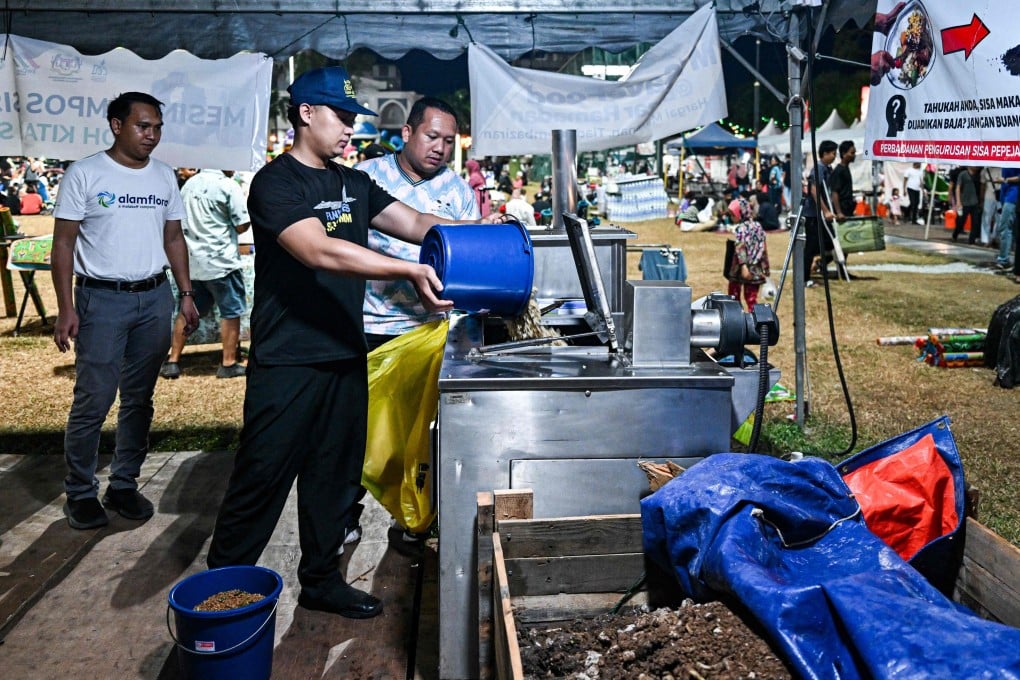Opinion | Why Asia must solve food waste to hit its environmental goals
- Food waste is a worldwide problem but is particularly pressing in Asia, which is home to hundreds of millions of hungry people
- Not only is wasted food not getting to the people who urgently need it, that which ends up in landfills produces methane which exacerbates climate change

You may think the peas, potatoes or the smidgen of rice you line up by the side of your plate because you just can’t manage another bite are perfectly harmless, but they contribute to one of the most pressing global concerns and could keep Asia from reaching its environmental goals.
While food waste is a global problem, it’s particularly of concern in Asia, which ironically is home to upwards of 370 million undernourished people – about half the world total. While not all of them are starving, the 2021 Asia and the Pacific Regional Overview of Food Security and Nutrition indicated that more than a billion people in Asia did not have access to adequate food in 2020.
A European Commission report on Asia’s food retail and food service channels states that region’s food waste is primarily driven by China and India, whereas South Korea and Singapore have made significant interventions to curtail food waste. China accounts for more than 40 per cent of Asia’s food waste, nearly two-thirds of the food waste generated by the entire region. If left unchecked, food waste across China, India and Southeast Asia could rise by an average of 24 per cent in the next decade.
